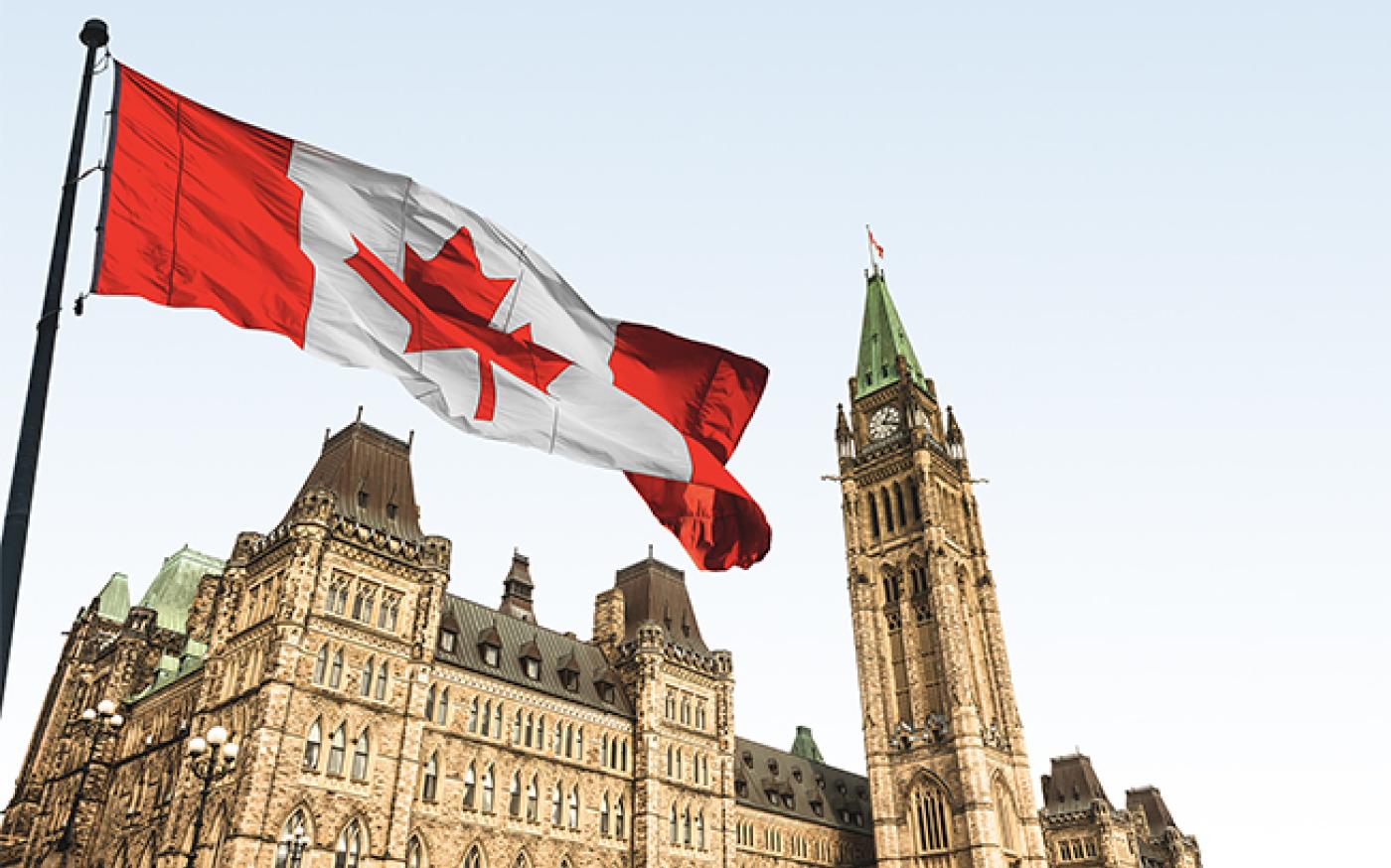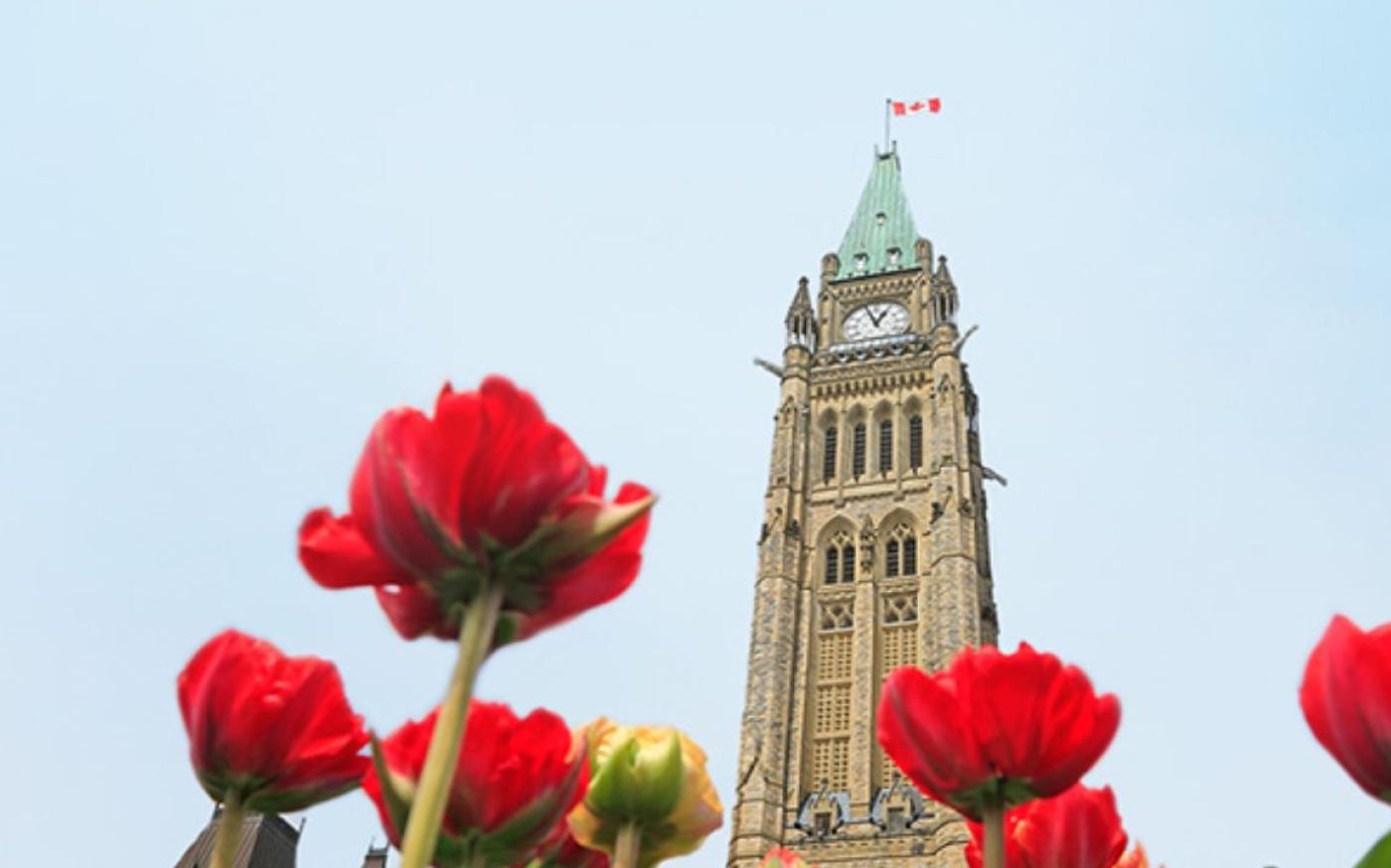Selling a business is a significant decision, often marking the culmination of years, if not decades, of hard work, perseverance, and dedication. The process can be complex and emotionally charged, and being well-prepared is key to ensuring a smooth transition and achieving the best possible outcome. This article will provide a detailed checklist to help guide medium-sized business owners through the necessary steps in preparing for the sale of their business.
Starting university is an exciting time for students but can be a stressful one for their parents. While it’s natural for parents to be concerned about where their kids will live or what they’ll eat if they’re studying away from home, the biggest worry may be around how to pay for tuition and accommodation.
Creating a will means making big decisions that will impact your family for years after you’ve gone. While divvying up assets, assigning care for dependants and tax planning will take up most of your will-creating conversation, you’ll also have to consider who should be the executor of your will (or the liquidator in Quebec).
It’s not easy to talk about estate planning; after all, who wants to think about what might happen when they’re no longer here? It’s also a complicated topic, covering investments, tax and real estate, not to mention hard-to-navigate family issues. There’s far more to it than just making a will — find out exactly what’s involved in estate planning. As a result, many people make mistakes or forget important steps when developing their estate plan, which can lead to trouble for their loved ones.
If you die without leaving a will, it could become a major headache for your family members and loved ones. With no will, the government will decide on who gets your money and assets, and every province and territory have their own distinct intestate rules regarding who will benefit from your estate.
And are you one of the 32,000 Canadians who’ll have to pay it? Many Canadians haven’t heard of the alternative minimum tax (AMT), which isn’t surprising when you discover that only a small percentage of Canadians typically pay AMT annually. The AMT came into the news recently when the federal government announced significant changes to it in the 2023 budget (which will come into effect in 2024). Let’s take a look at what the alternative minimum tax is, how it works, who it might affect and the impact of those changes.
If you owned a residential property in Canada on December 31, 2022, you might have to pay an Underused Housing Tax (UHT) if it was vacant or underused. Even if you’re not subject to tax, you may be required to file an Underused Housing Tax return to claim an exemption.
On Tuesday March 28, 2023, Deputy Prime Minister and Minister of Finance Chrystia Freeland presented the 2023 federal budget, which contains several measures of interest to IG Wealth Management and its clients.
According to a recent Stats Canada report, almost 1.4 million Canadian households reported having property rental income. That’s a significant portion of the population.. Given that rents increased on average across Canada by 11% in 2022 (and by considerably more in big cities, such as Toronto and Vancouver), it’s understandable why investing in property is so popular.
A vacation property—whether it’s a cottage in Muskoka or a chalet at Tremblant—is a valuable asset, not just in terms of the real estate, but also as a place that holds years of family memories. For many Canadians, passing the property to the next generation is a priority, but there are significant tax and non-tax-related considerations associated with keeping that cabin or condo in the family.
The recently announced Federal budget contains several measures that could affect your financial plans. We’ve provided key takeaways and a summary of the budget proposals.
A Tax-Free Savings Account (TFSA) is a great tool to build wealth for most Canadians while paying less tax. Although there are many benefits to investing in a TFSA, there can also be costly mistakes. This article outlines the eight most common pitfalls people encounter and how to avoid them.













